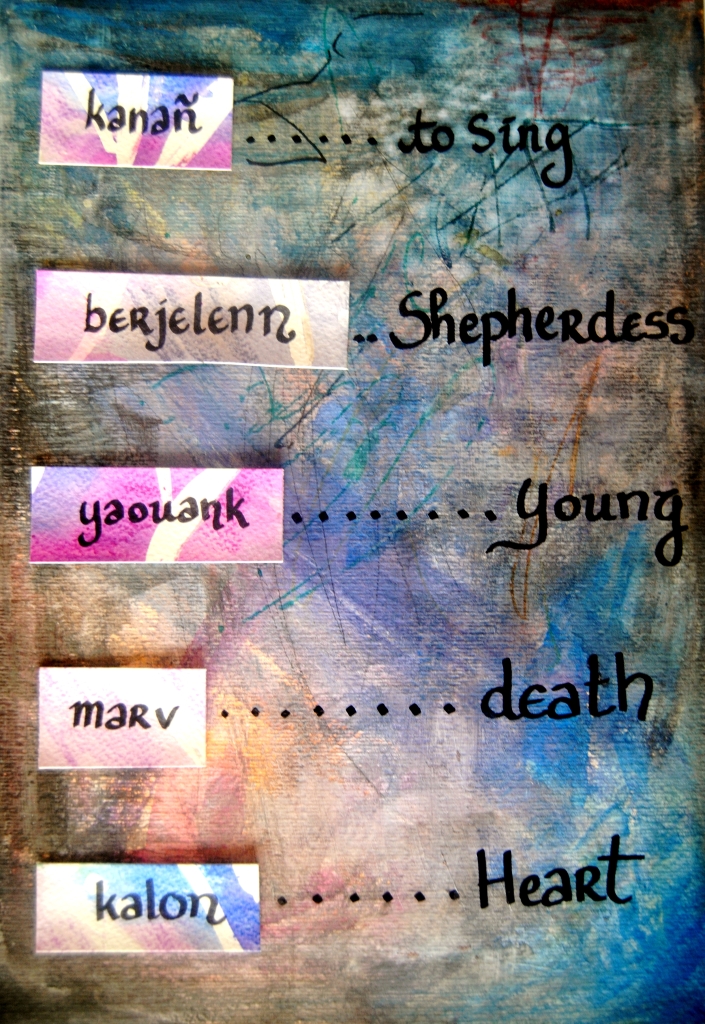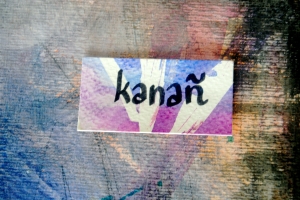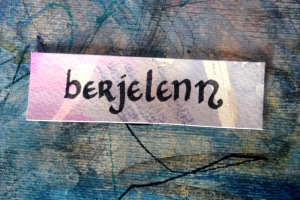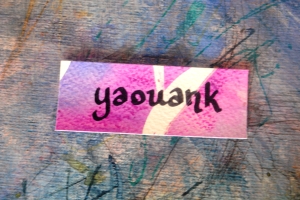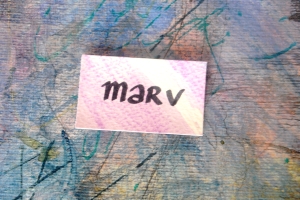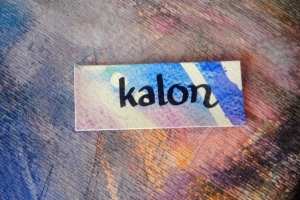[ lyrics, translation & facts for the 8th song from our album >here< ]
This particular song – and in a way it is funny that it will happen to be the last one I’m translating – might be the true origin of Astrakan Project.

Back to 2007, we were both living in Brittany and playing in various bands, among which in a fest-noz band – basically… Breton dancing music ! Yann started to record parts of tunes so that the other members could practice home – in this song for instance, the rhythm is slightly “shifted” to get closer to what singers actually do. For some reasons, we never got to play it on stage in Brittany, but… Yann had learned that he could bring all the music he had in his head to life !

When we moved to Istanbul in 2008, Yann started to work on that song again, and it’s one of the first we recorded for our demo in 2009 – and finally his dream come true : we are playing it at every concert !
For me, this song is very personal too, when I’m singing:
“O sonjal an devezh, kalonad am e oa bet, me partias d’eus ar gêr”
“Thinking about that day, my heart is full of sorrow, I left home”
I can only but relate to my father that left his home country Portugal when he was only 17, like many young men in his age, before they would be taken to serve the army.
.
Music : 1st tune was sung by the famous Frères Morvan (3 brothers among whom 2 are still singing all around Brittany) , the 2nd was composed by Yann in 2007
Instruments : guitar + loops
Rhythm : Plinn (dance from Central East Brittany, around Bourbriac)
[ don’t forget to start the music while you’re reading the translation 🙂 ]
.
Ar bempvet devezh warnugent, demeus ar viz genver
Kalonad me am boe bet, sevel ‘maez ma gwele
On the 25th of January
I had a lot of sorrow while I was getting out of my bed
Kalonad me am boe bet maez ma gwele sevel
O sonjal an devezh, pezhani ’m boe da dremen
I had a lot of sorrow while I was getting out of my bed
Just thinking about the day I’ll have to get threw
O sonjal an devezh, pezhani ’m boe da dremen
Allas a benn pe oe noz, / / me am boe bet anken
Just thinking about the day I’ll have to get threw
Unfortunately when the night came, I was still anxious
Me partias eus ar ger, (na) oen ket gwall diwehat
Ar c’hentan ker a antreen, oa en Sant Nikolas
I left home, it was quite early
The firtst village I got to was Sant Nikolas
Ar c’hentan ker a antreen, oa en Sant Nikolas
Na disdostit d’ar c’houvi, dindan an doen mein glas
The firtst village I got to was Sant Nikolas
Approaching to the halls, under their slates roof
Na pa oamp erru enan, ni oa digemeret
Gant paotred al livitenn, o pe an tokou trouset
When we got there we were welcomed
By guys with hoods and bicornes
Kalonad am me boe bet / E soñjal barzh un devez
Me partias d’eus ar gêr / Kalonad am me boe bet
My heart was full of sorrow / Thinking about that day
I left home / My heart was full of sorrow
A pa oa lanset an ordr, astenet an drapo
Na da gentan ‘vit koumans tennan ‘reas ar maeriou
And when the order was given and the flag unfurled
Mayors where to first to pick up the tickets (*)
Ha goude e teue war-lerc’h tro ar baotred yaouank
Ha peb hini a denne der ma hae deus a renk
And right after them, the young ones,
Each was picking up a ticket as his turn came
Benn pa oa erru ma renk evit tennan ar bilhed
Ma c’hamarad ‚denne unneg, me a denne douzeg
When it came to me to pick up one,
My friend picked up eleven, and I did twelve (**)
Ma c’hamarad ‚denne unneg me a denne douzeg
Soudarded an assurans, partiet e zo ret
My friend picked up eleven, and I did twelve
We were insured to become soldiers, and would have to leave

A French translation >here<
(*) at that time (probably around Napoleon III wars, end of XIX century), not every young man would go to serve the army, the ones who would have to go were “drawn” among all young men from the same village
(**) we’ve heard the the meaning of this particular sentence could be that being from lower extraction, these two young man and their families had received money in order to pick up more than one ticket – picking up the ones from luckier ones who would so avoid for sure going to the military service.
Notes: As usual, it’s a personal translation, with no attempt to translate the poetic style, it might not be fully accurate, the purpose is more to give an idea about what it is about.
§ Simone

41.005270
28.976960
Your friends might thank you for letting them know about our music !









